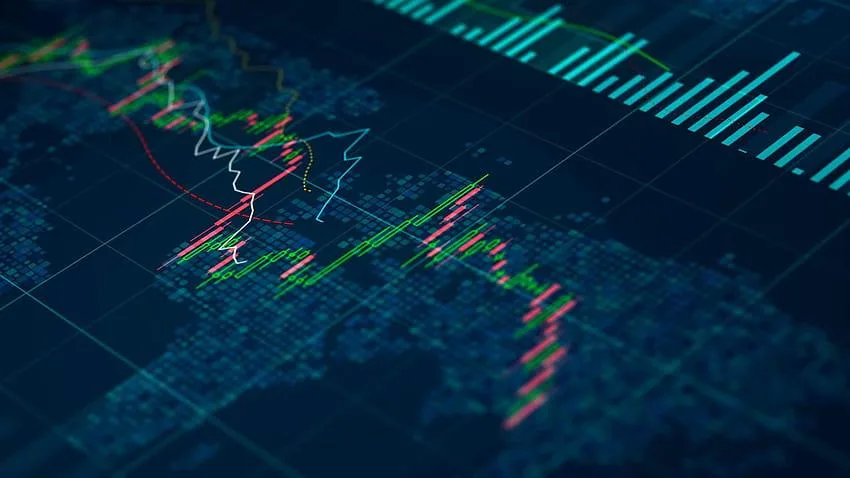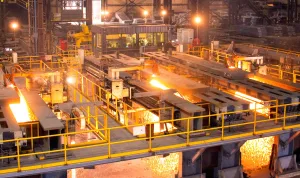What are the implications of Brexit on the LME?

What are the implications of Brexit on the LME?
As the United Kingdom (UK) navigates its withdrawal from the European Union (EU), commonly referred to as Brexit, the implications ripple across various sectors, including the metals market. The London Metal Exchange (LME), a key player in global metals trading, faces unique challenges and opportunities in the wake of Brexit. In this comprehensive guide, we explore the multifaceted implications of Brexit on the LME, shedding light on regulatory changes, market dynamics, and strategic considerations for traders, investors, and industry stakeholders.
1. Regulatory Landscape
Brexit has ushered in a new regulatory landscape for the LME, with implications for market participants, regulatory oversight, and compliance requirements. As the UK establishes its regulatory framework outside the EU, the LME must navigate potential changes in regulatory standards, reporting obligations, and market surveillance practices. Traders and investors operating on the LME may face evolving regulatory requirements, including licensing, registration, and reporting obligations, as the UK defines its approach to market regulation post-Brexit.
2. Market Access and Trading Relationships
Brexit has prompted discussions and negotiations regarding market access and trading relationships between the UK and the EU, as well as with other international partners. The LME, as a global metals market, relies on seamless access to trading counterparties, liquidity providers, and clearing infrastructure across borders. Changes in trading relationships, tariffs, customs procedures, and market access agreements could impact the efficiency and competitiveness of the LME, potentially affecting trading volumes, liquidity, and market dynamics.
3. Currency Fluctuations and Economic Uncertainty
The uncertainty surrounding Brexit has contributed to currency fluctuations and economic uncertainty, which can impact metals prices, trading strategies, and risk management practices on the LME. Volatility in currency markets, particularly the British pound sterling (GBP) and the euro (EUR), can influence the cost of imported metals, production costs for metal producers, and the competitiveness of UK-based trading firms. Traders and investors on the LME must monitor currency movements and macroeconomic indicators to assess market sentiment and manage exposure to currency risk.
4. Strategic Considerations and Business Continuity
Brexit poses strategic considerations and challenges for businesses operating in the metals industry, including those trading on the LME. Firms must assess the potential impact of Brexit on supply chains, logistics, regulatory compliance, and market access, and develop contingency plans to mitigate risks and ensure business continuity. This may involve diversifying trading relationships, expanding market presence in new jurisdictions, adjusting risk management strategies, and enhancing operational resilience to navigate the uncertainties posed by Brexit.
Conclusion: Adapting to Change in the Metals Market
In conclusion, Brexit presents both challenges and opportunities for the London Metal Exchange (LME) and its stakeholders. While regulatory changes, market access negotiations, and economic uncertainty may pose short-term challenges, the LME remains a resilient and dynamic marketplace for metals trading. By staying informed, adapting to change, and embracing innovation, traders, investors, and industry stakeholders can navigate the implications of Brexit on the LME and continue to capitalize on opportunities in the global metals market.
By staying informed, adapting to change, and embracing innovation, traders, investors, and industry stakeholders can navigate the implications of Brexit on the LME and continue to capitalize on opportunities in the global metals market. Whether it’s regulatory compliance, market access, currency risk, or strategic planning, proactive engagement and forward-thinking strategies will be key to navigating the evolving landscape of the metals market in a post-Brexit world.



